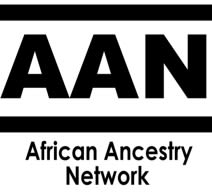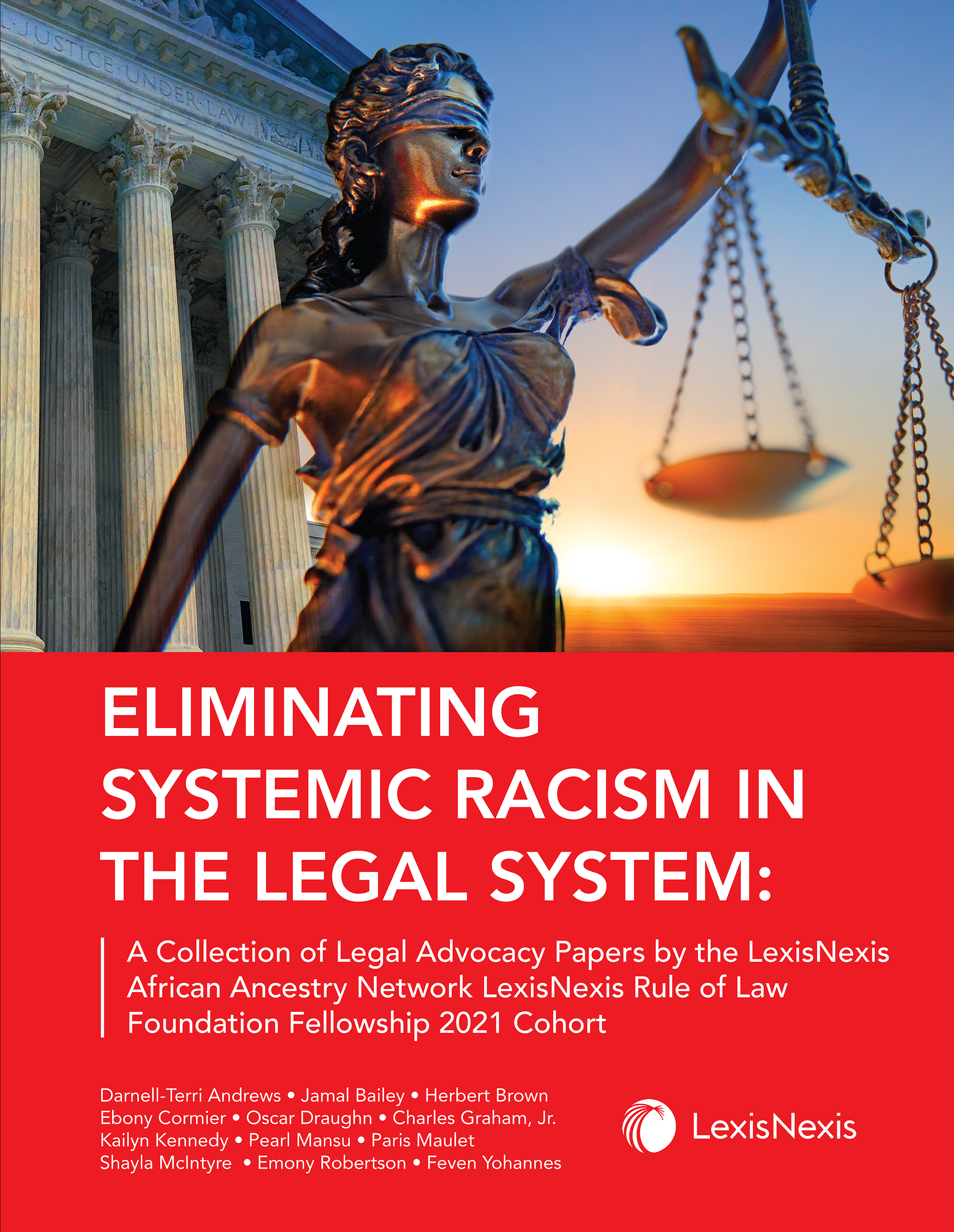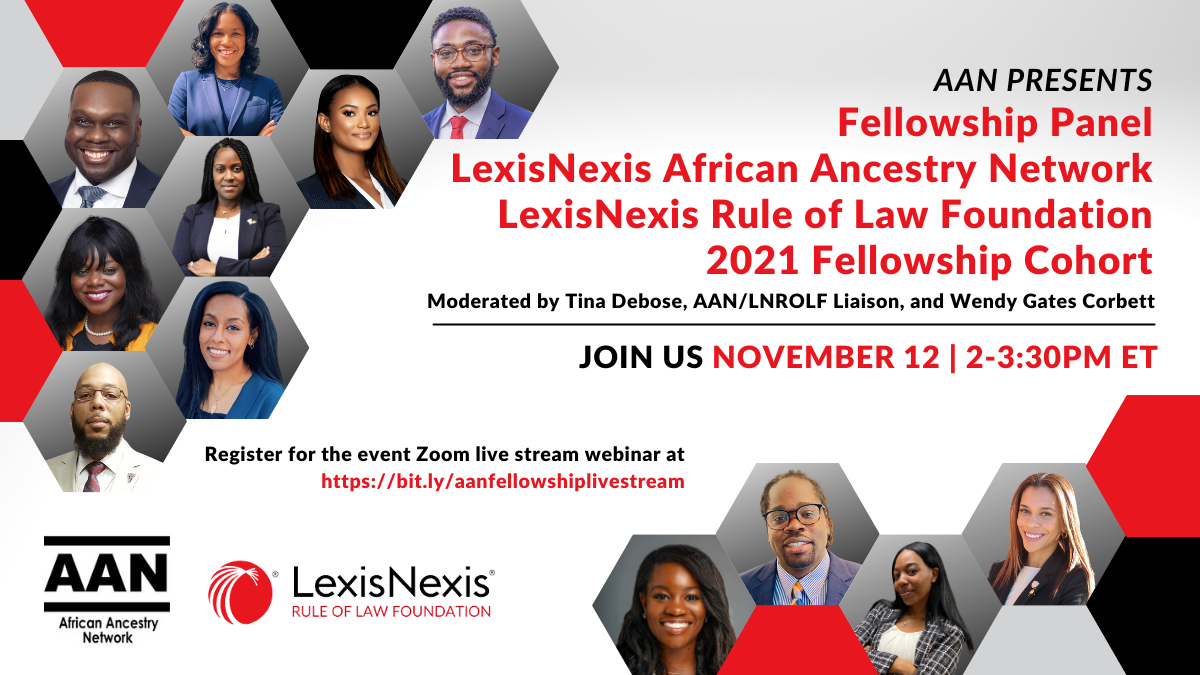LexisNexis African Ancestry Network
LexisNexis Rule of Law Foundation Fellowship
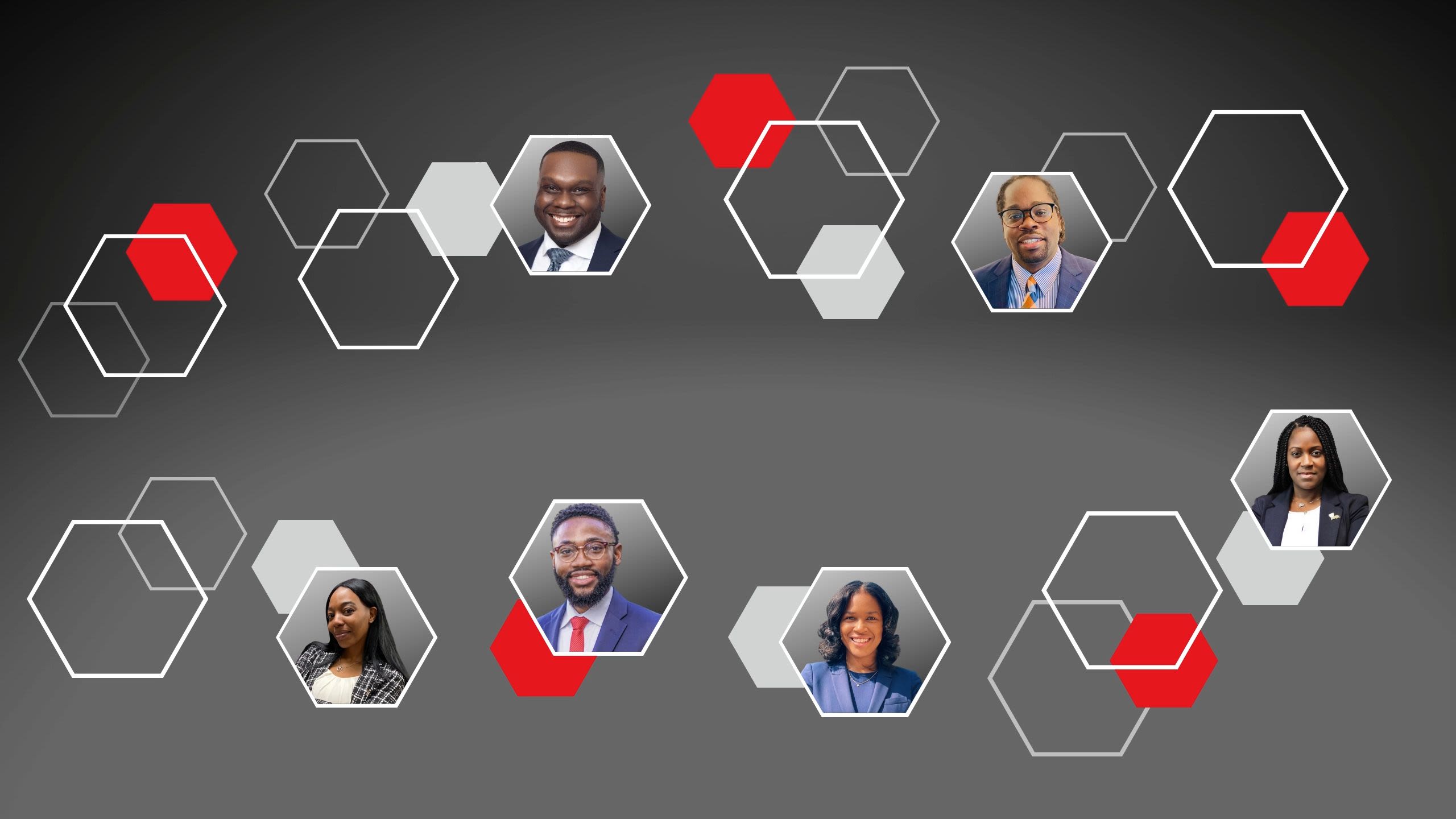
About the Program
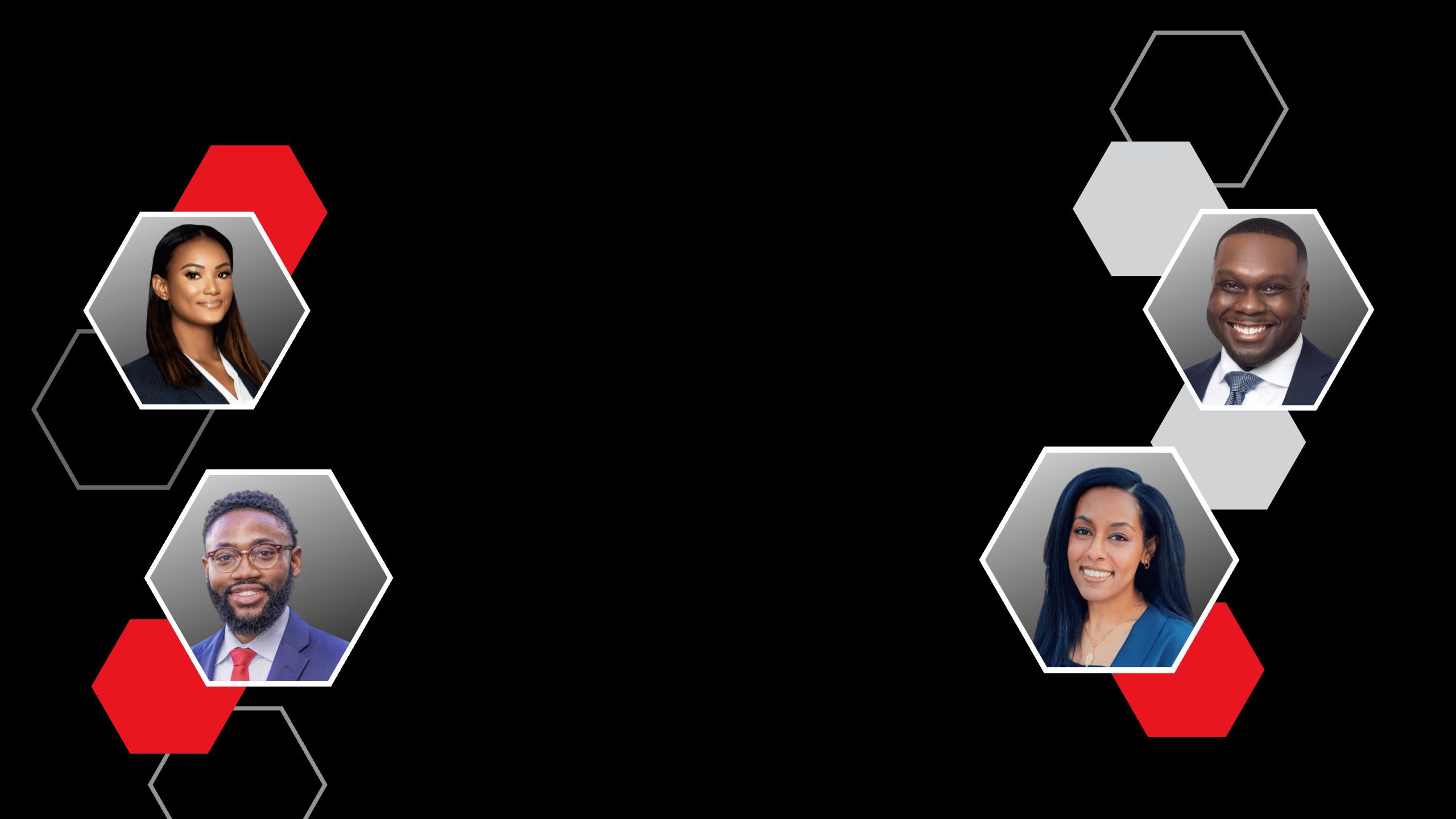
The LexisNexis African Ancestry Network LexisNexis Rule of Law Foundation Fellowship is an extension of LexisNexis’ commitment to eliminate systemic racism in legal systems and build a culture of inclusion and diversity within our company. The program, a new initiative from the LexisNexis African Ancestry Network (AAN) and LexisNexis Rule of Law Foundation (LNROLF), was created in partnership with the Historically Black Colleges and Universities Law School Consortium (HBCULSC), including Florida Agricultural and Mechanical University College of Law, Howard University School of Law, North Carolina Central University School of Law, Southern University Law Center, Thurgood Marshall School of Law at Texas Southern University, and the University of the District of Columbia David A. Clarke School of Law.
In its inaugural cohort, the LexisNexis Fellowship consists of twelve law school students, selected from a large, competitive applicant pool, from those six law schools that make up the HBCULSC. Each Fellow is awarded $10,000 and spends nine months engaging in a unique experience that accelerates their career, develops their leadership skills, and creates opportunities to make a real difference. LexisNexis employees work with Fellows on projects with the shared goal of eliminating systemic racism in our legal system and implementing solutions while advancing the four key elements of the rule of law – equality under the law, transparency of law, independent judiciary, and accessible legal remedy.
Each Fellows' findings and recommendations toward the mission of advancing the rule of law by eliminating systemic racism have been published in a LexisNexis publication, Eliminating Systemic Racism in the Legal System: A Collection of Legal Advocacy Papers by the LexisNexis African Ancestry Network LexisNexis Rule of Law Foundation Fellowship 2021 Cohort.
Fellowship Summit
November 11-12, 2021
New York City, NY
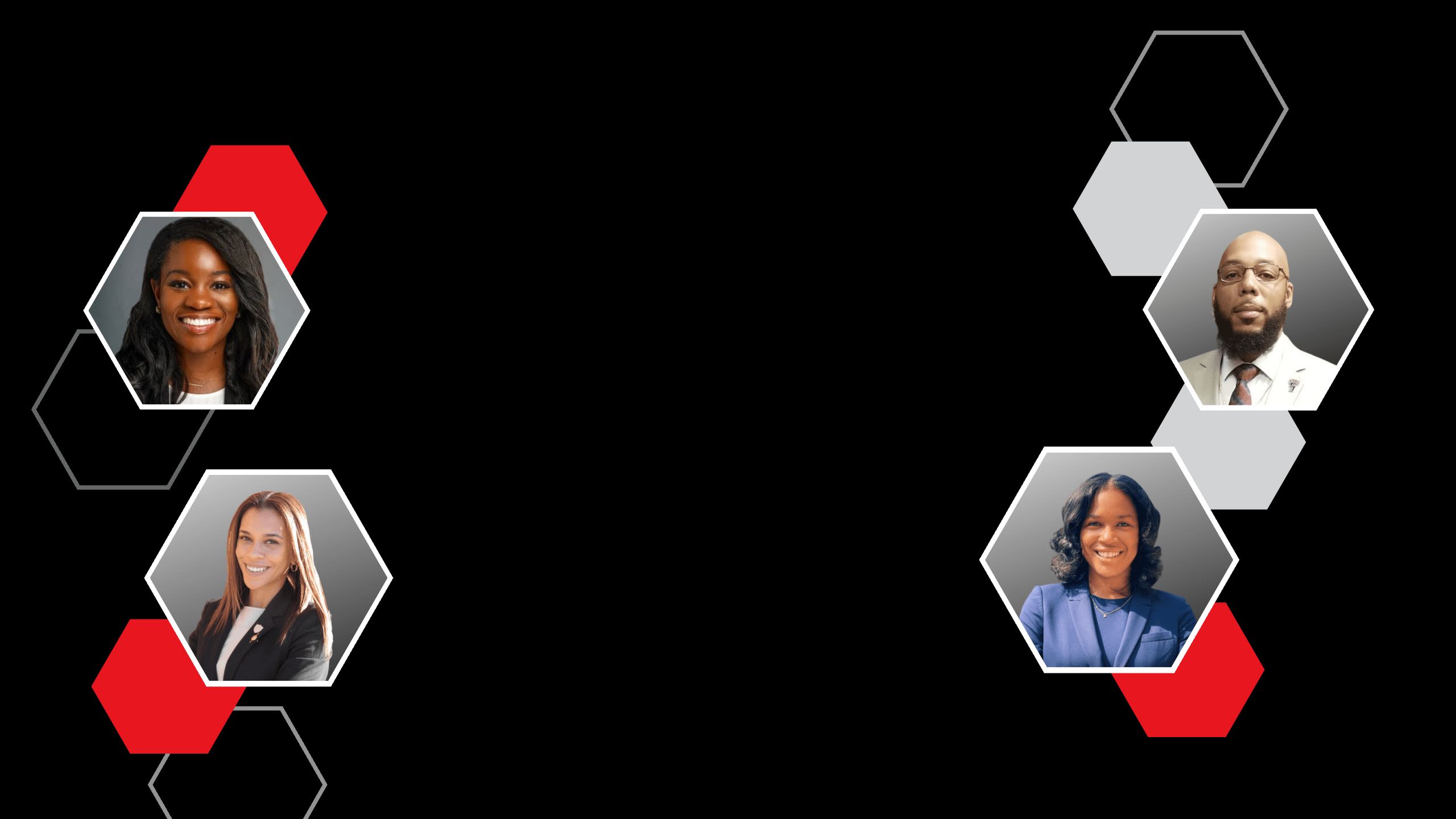
The Fellowship began with a Fellowship Virtual Orientation held on March 8, 2021. LexisNexis invests in the Fellows’ development by providing dedicated mentorship and recurring professional development sessions on topics including Analytics, Data Mining, Marketing, Project Management, Leadership Skills, and more.
The Fellowship has a Framework for measuring and delivering upon Performance-Based Success of this program.
The Fellows delivered Capstone Presentations to Global Executive Leadership, including our CEO Mike Walsh. These presentations were showcased at our Fellowship Summit at LexisNexis NY HQ, where Fellows presented on how they have executed on Product and Program Development and published Scholarly Work of their Findings.
Additionally, we are looking forward to continuing our engagement of Internal and External Global Leaders of Racial Advocacy and Justice, like the National Bar Association leadership, the National Urban League, and many of our racial advocacy leaders in the AAN. We are also hopeful for increased justice, as we all work towards eliminating systemic racism in the law, and we welcome anyone who is interested in leaning in on this effort.
Meet the Fellows
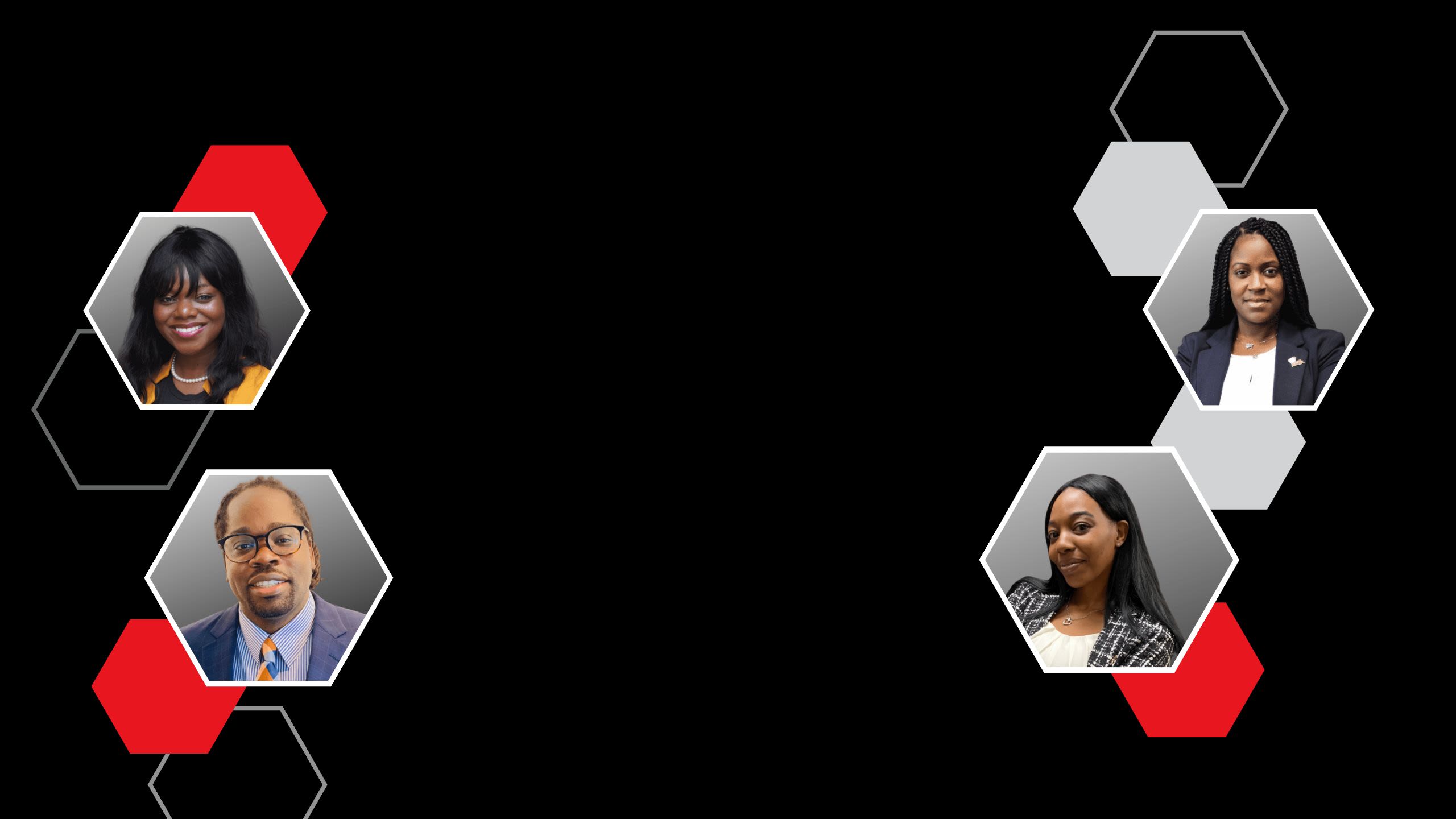
Legislative Advocacy for Bail Reform
By Darnell-Terri Andrews

Darnell-Terri is a third-year law student at the Southern University Law Center. Her legal interests include civil rights and public rights law; she desires to work with a corporate or government entity. During this Fellowship, Darnell had an internship where she pursued posthumous pardons and exonerations on behalf of individuals wrongly convicted. Darnell-Terri’s Fellowship project focuses on protecting the rights of minority detainees.
The goal of this project is to create a legislative model bill to protect the rights of minority detainees in Louisiana and elsewhere across the United States. The model bill will seek to protect the fundamental rights of poor and minority detainees who are unable to post pretrial bail and remain in jail despite the important legal concept of a prisoner being “innocent until proven guilty.” The model bill focuses on certain nonviolent and nonrepeat offenders. The bill will focus on setting multiple conditions in order for a detainee to be released, such as a balancing test of whether the detainee’s release is feasible, whether it is safe for the community, and whether the detainee will either obstruct the criminal justice process or comply with all of the conditions set as the terms of pretrial release.
"Protecting the rights of poor and minority detainees who are unable to post pretrial bail and remain in jail despite the legal concept of a prisoner being “innocent until proven guilty” is a fundamental step in eradicating systemic racism."

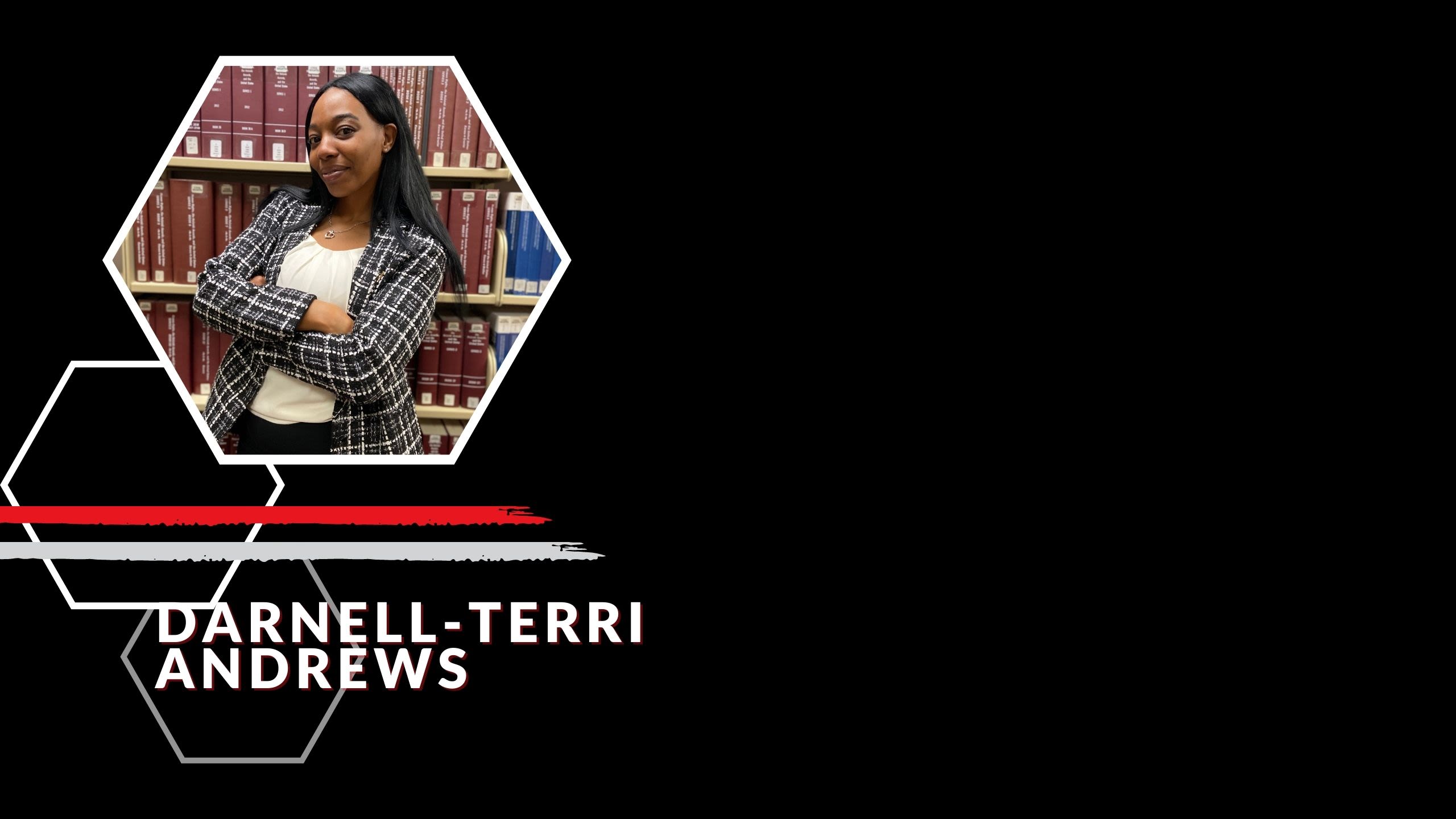

Revisiting the Myth of Meritocracy
By Jamal Bailey

Jamal Bailey has an MBA from Hampton University and is a third-year law student attending the University of the District of Columbia David A. Clarke School of Law. Currently, Jamal serves as UDC Law’s Student Bar Association President, Managing Editor of UDC Law Review, and a Student-Attorney in the Community Development Legal Clinic working with D.C.’s underrepresented business owners. Jamal has accepted an offer with Paul, Weiss in the litigation group to pursue a career in litigation focusing on business disputes, white-collar, and securities matters. Jamal’s Fellowship project focuses on reforming access to law school education by challenging the status quo of law school admissions.
Jamal is grateful to promote his passion for advocacy for underrepresented persons at the bar by challenging the law school admissions process. Thank you to Adonica Black, Margaret Huffman, Rosann Torres, and the team at LexisNexis African Ancestry Network LexisNexis Rule of Law Foundation.
"Systemic racism in the legal profession begins with the law school admissions process. The discrimination by effect is carried out by the reliance on standardized test examinations to provide “fair” and “neutral,” but inherently biased, candidate evaluations, backed by an accrediting body that frequently anchors law school compliance standards at or above the national average of minority populations, and celebrated by third-party law school ranking publications."



HB6U Law Practice Pipeline
By Herbert Brown

Herbert Brown is a third-year law student at North Carolina Central University School of Law. Herb is a U.S. Army Veteran and holds a Master of Social Work degree from North Carolina State University. Prior to attending law school, Herb served his community both as a psychotherapist and as an adjunct Instructor at Durham Technical Community College. As an instructor Herb primarily taught courses designed to reintegrate formerly incarcerated individuals back into society, assist them in securing and maintaining livable wage employment, and reduce the rate of recidivism among his students.
Herb is also the founder and executive director of Real Fresh Apparel Company, a Black empowerment fashion brand, and formerly served as editor-in-chief for Real Fresh Magazine, empowerment, and educational periodical. Herb is the proud father of three; two of whom are currently high school seniors preparing for their own collegiate journey. Herb is passionate about the protection of ownership rights and the preservation of generational wealth through intellectual property law, real property law, transactional law, and estate planning for individuals, families, and business entities.
Herb’s Fellowship project focuses on addressing systemic racism in the legal field with the HB6U practice pipeline, designed to expand access to experiential learning opportunities for HBCU law students and to increase Black and Brown representation in the legal profession.
"The HB6U Law Practice Pipeline’s mission is to increase diverse representation in the legal field through dedicated experiential learning and employment opportunities, provide corporations and firms with a consistent pool of diverse talent, and promote overall goodwill in the fight to end systemic racism in the law profession."
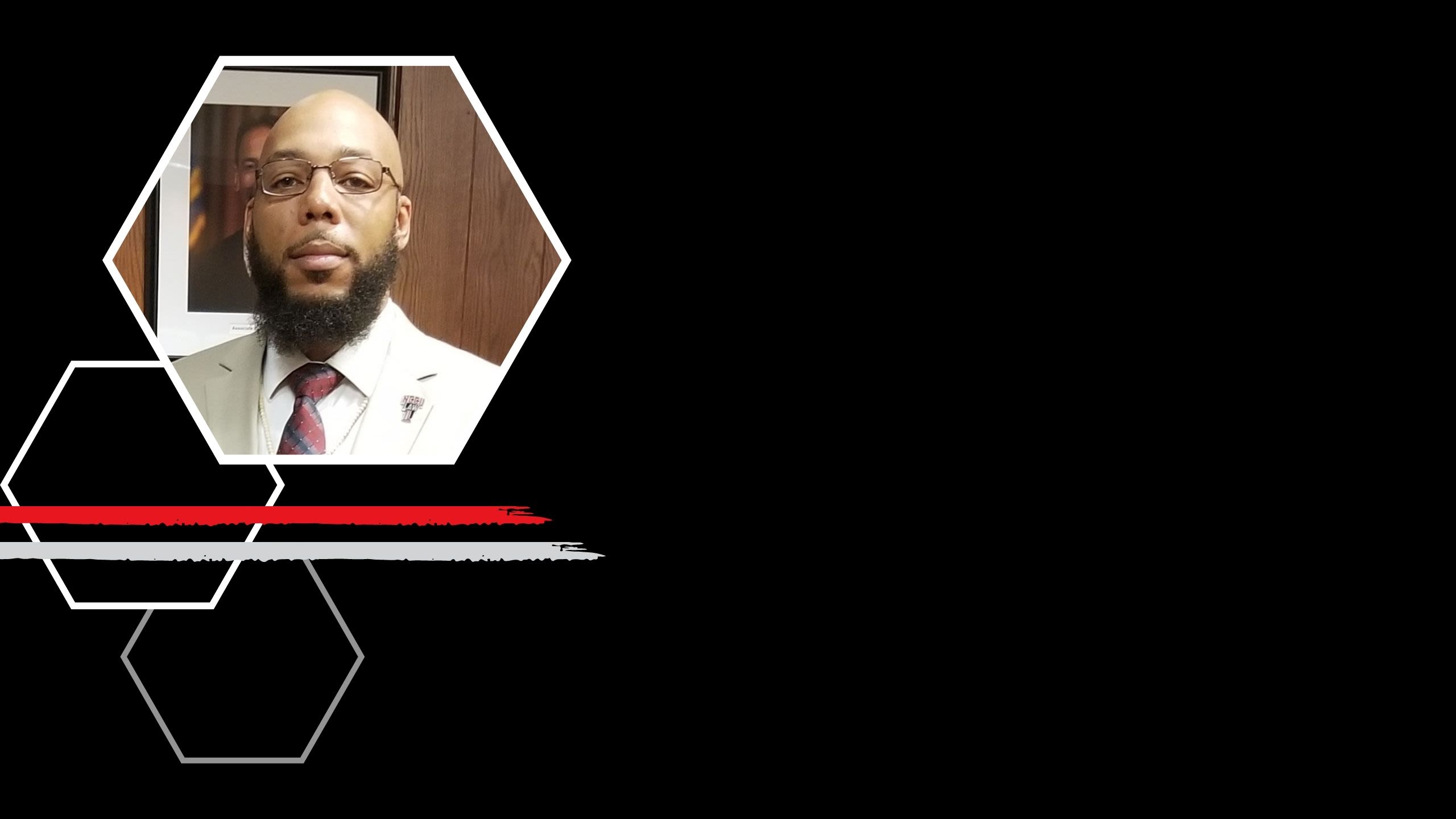
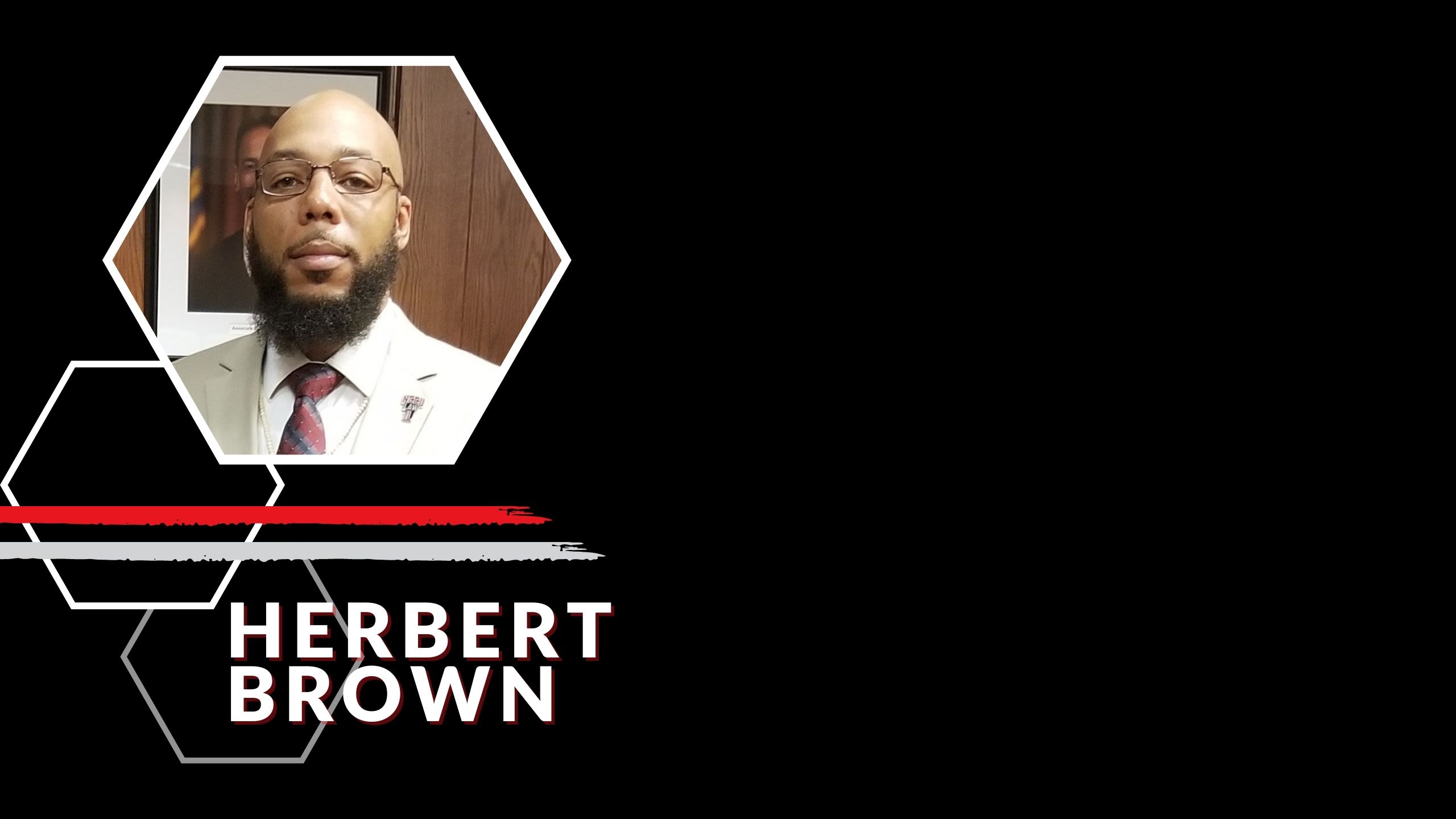

Cash Bail: Profit, Poverty, and People of Color
By Ebony Cormier

Ebony Cormier is a third-year evening student at Southern University Law Center (SULC). She’s involved with several student organizations where she’s held many leadership roles, which include the National Director of Corporate Engagement for the National Black Law Students Association. Additionally, Ebony is a 2021 White House HBCU Recognition Program Scholar, and a 2021 LexisNexis African Ancestry Network LexisNexis Rule of Law Foundation Fellow where she spends time working on efforts to combat systemic racism in the legal industry.
Prior to attending law school, Ebony obtained her BS and MBA and spent seventeen years in financial services managing business operations, people, projects, and processes. Ebony resides in North Texas with her husband and four children. She is eager to explore new opportunities, network, and be exposed to innovative thinkers and creatives who enjoy working in service of others.
Ebony’s Fellowship project focuses on making the cash bail system more equitable for indigent, low-level offenders.
"Our justice system holds that we are innocent until proven guilty. However, the cash bail system, which disproportionately affects Black and minority people, tells us otherwise. The statistics show that 'three out of every five people in jail in the U.S. have not been convicted of a crime' Then why are they in jail? The answer: the current cash bail system in the United States."

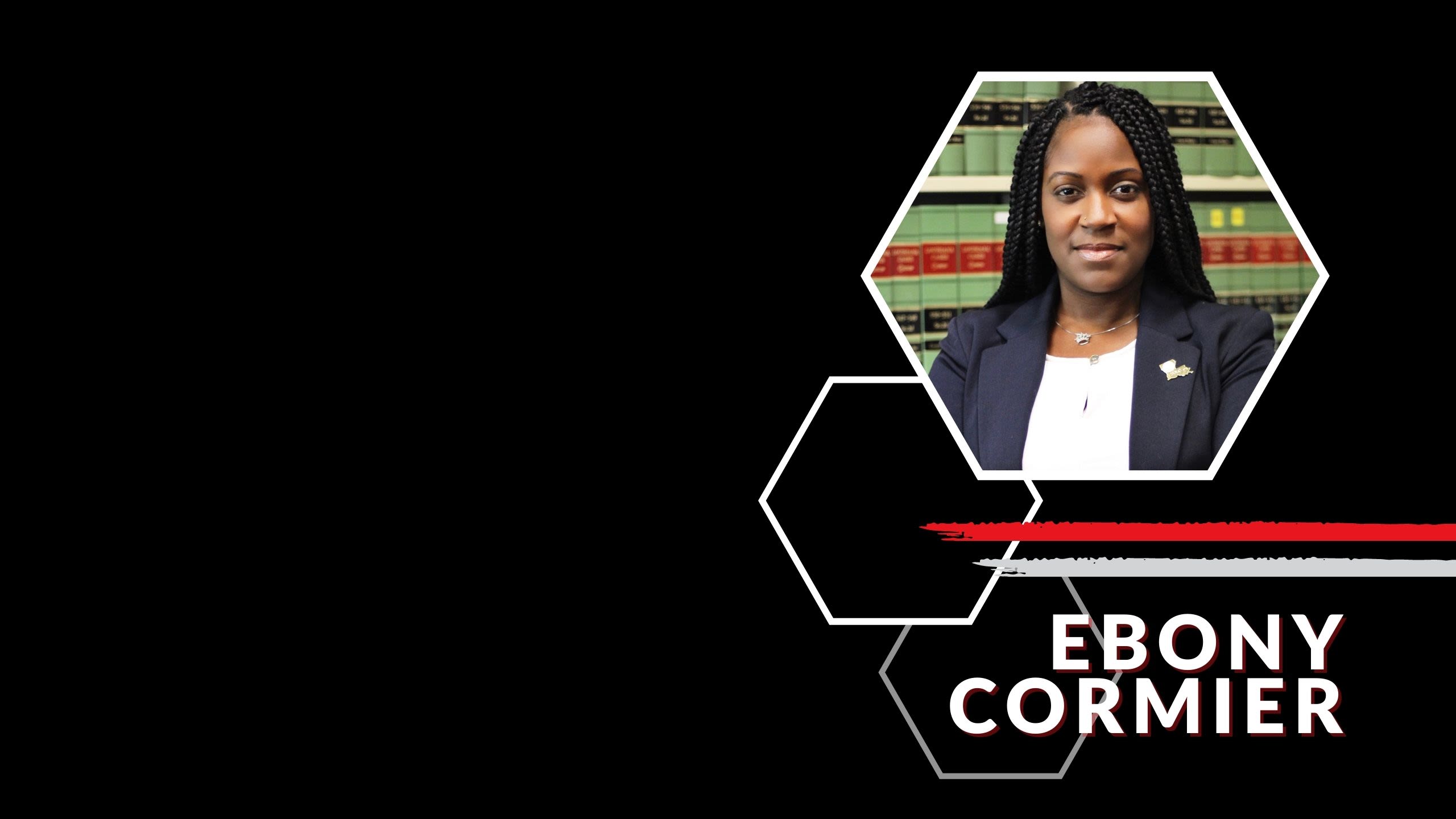

Misdemeanor Defendants and the Ever-Evasive Right to Court-Appointed Counsel
By Oscar Draughn

Oscar Draughn is a third-year law student at Florida Agricultural & Mechanical University College of Law. Oscar’s Fellowship project focuses on educating and assisting persons charged with low-level misdemeanor offenses about how to defend themselves when adequate counsel is not affordable or provided by the court.
"The HB6U Law Practice Pipeline’s mission is to increase diverse representation in the legal field through dedicated experiential learning and employment opportunities, provide corporations and firms with a consistent pool of diverse talent, and promote overall goodwill in the fight to end systemic racism in the law profession."
Most pro se defendants have little knowledge regarding the inner workings of the criminal court system. Therefore, failing to apprise them of their right to legal counsel in the interest of quickly dispensing with cases constitutes a miscarriage of justice. Judicial rulings regarding a defendant’s Sixth Amendment right to counsel are clear, but adherence to case precedence is lacking in many jurisdictions throughout the country, especially when the accused is charged with committing a low-level misdemeanor offense. When a defendant’s immigration status is placed in jeopardy, the importance of providing adequate legal counsel is further heightened. His project will highlight the case law and unforeseen issues that have arisen due to judicial reluctance to provide legal counsel to low-level pro se defendants. Lastly, his paper will identify potential remedies that could lead to a more fair and just legal system.

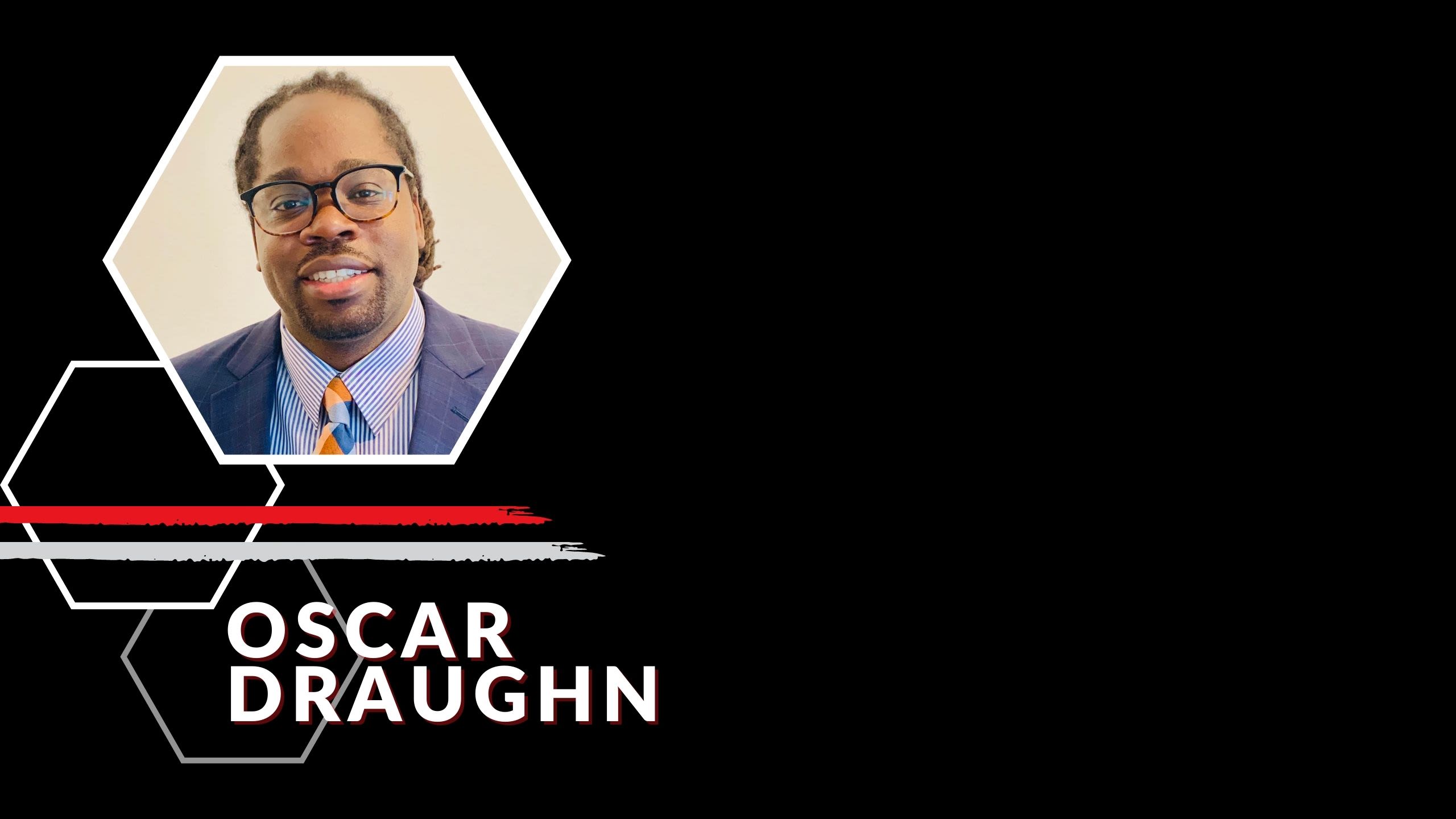

Money, Power, and Diversity: Examining the Impact of Compensation Models on Attorneys of Color at Major U.S. Law Firms
By Charles Graham, Jr.
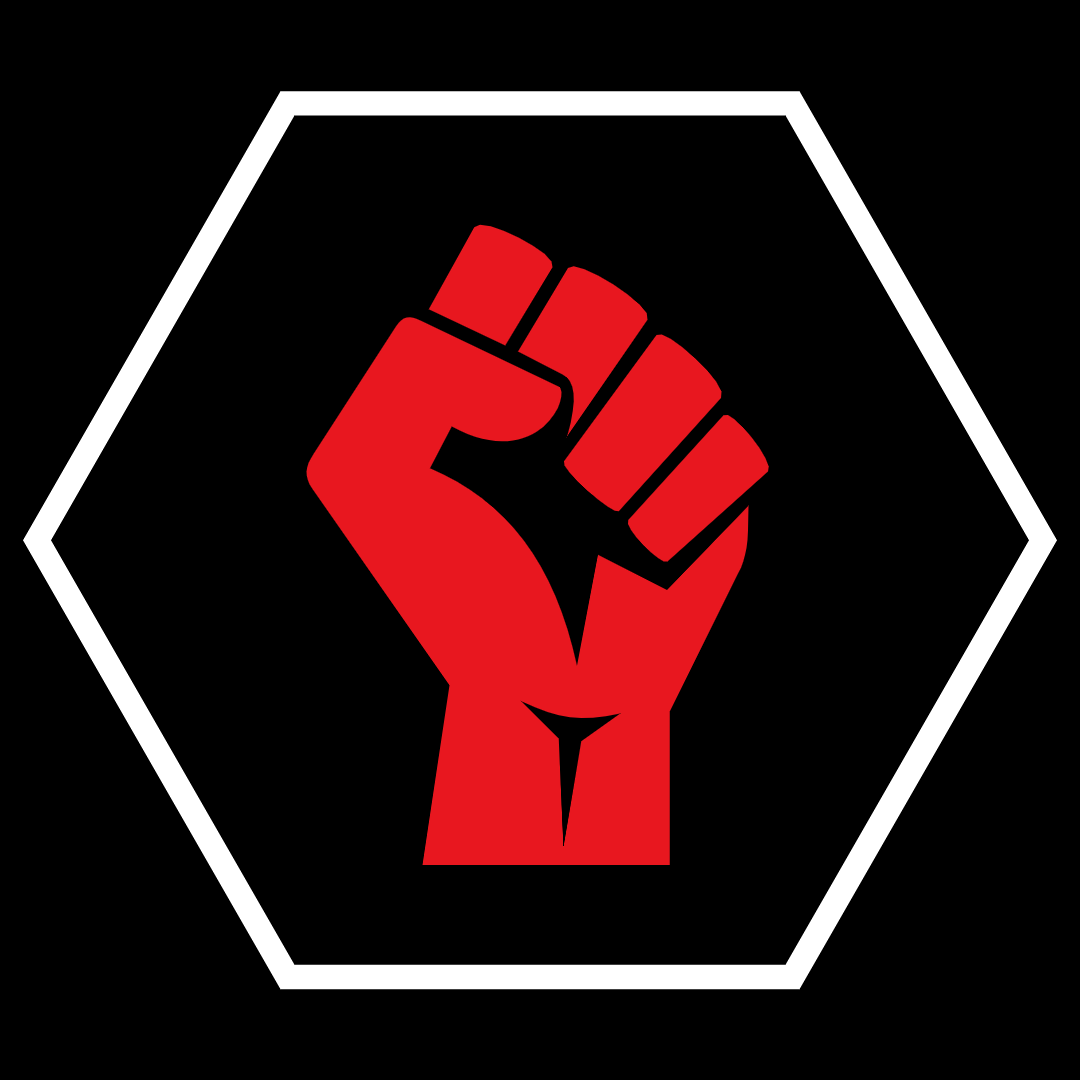
Charles Graham, Jr. is a third-year law student at the Thurgood Marshall School of Law at Texas Southern University. Charles has a decorated background in education. Before attending law school, Charles was a Special Education teacher and educational leader for eight years. As an educator, Charles witnessed the many ways in which law and policy impact families and teachers. Charles hopes to use his platform to advocate for underrepresented communities and promote diversity within the legal profession. Charles’ Fellowship project focuses on creating paths to partnership for minority attorneys.
"Many factors contribute to the lack of partner diversity at large American firms. The data reflect only a sample of the barriers to partnership for minority attorneys. There is a need to look at the systems and culture within major American firms to find solutions. This study peels back the layers of major U.S. law firms to understand what firms are doing to retain, and to lose, their diverse talent. The findings of this study show that creating more equitable compensation models is one key to unlocking increased access to partnership for diverse attorneys."
Over the last decade, firms have progressed in recruiting minority associates, but retention and promotion continue to be challenges. The lack of diverse partner-mentors at major U.S. firms increases attrition rates of minority associates at large firms. One study showed that the top three reasons why associates leave firms are because they feel isolated, experience a lack of guidance, and have diminished opportunities for professional growth. All three of these issues can be addressed by closing the partner diversity gap. His study shows that the compensation structure a firm utilizes impacts partner diversity at major U.S. law firms. Further, his research reveals that tracking origination credits, having diverse representation on partner promotion committees, and maintaining transparency about partner compensation increase diversity at the partner level. Thus, major law firms can help end systemic racism in the legal profession by adopting equitable compensation models and practices.
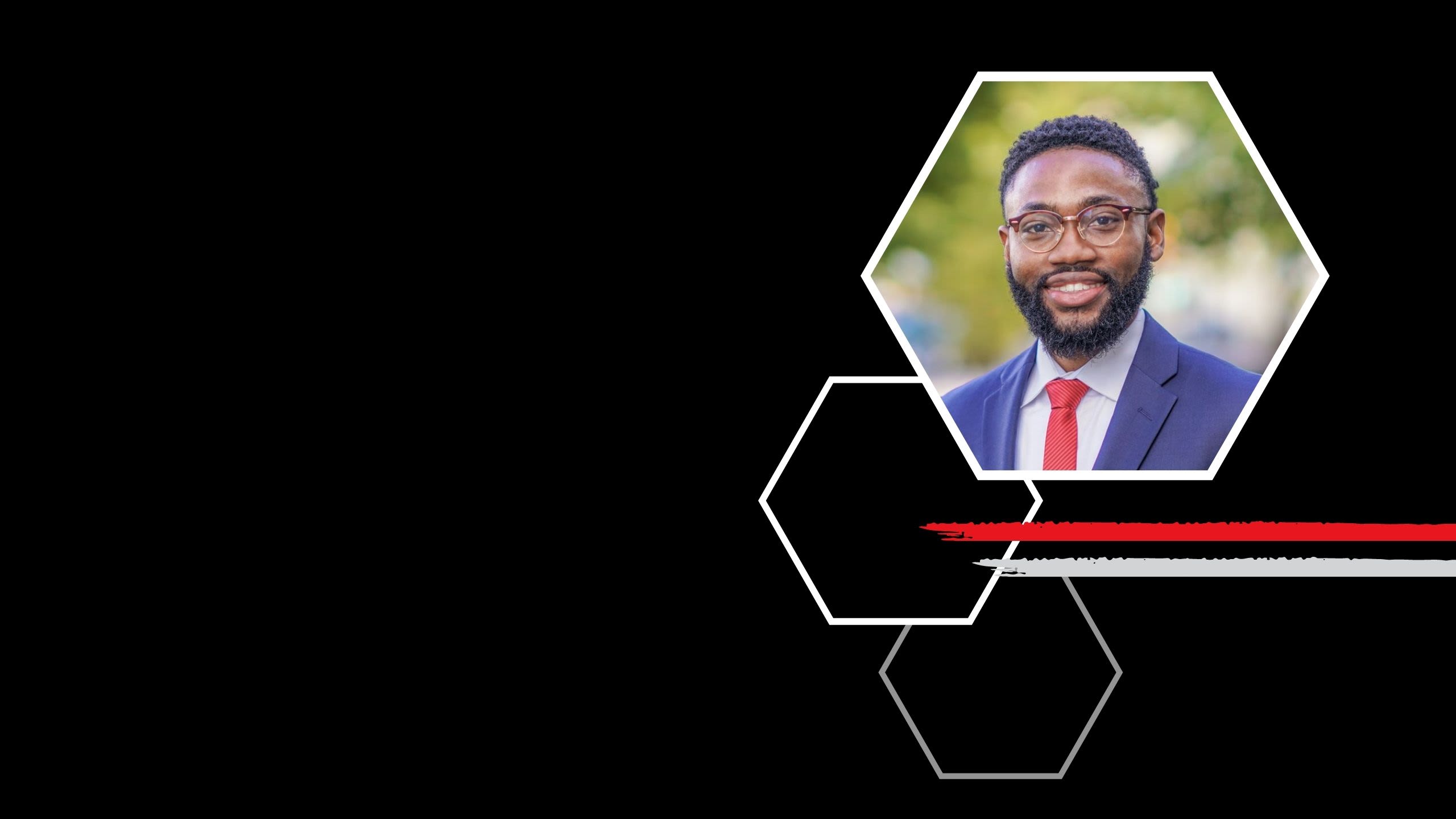
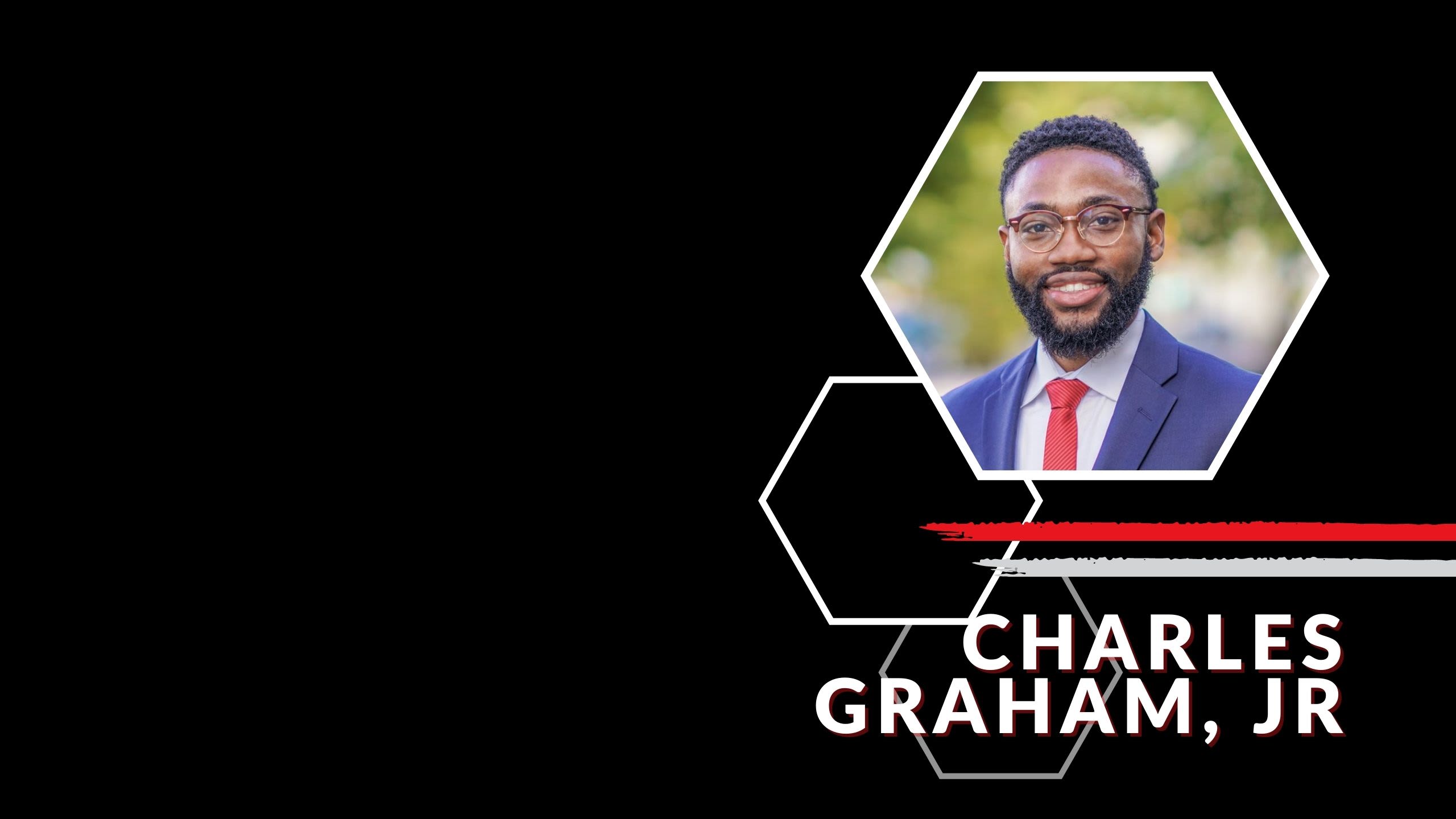

Keep Shutting the Door on Systemic Racism
By Kailyn Kennedy

Kailyn Kennedy is a third-year law student at North Carolina Central University School of Law. Kailyn currently serves as the Notes and Comments Editor for the Science and Intellectual Property Law Review for the 2021-2022 school year at NCCU. Additionally, Kailyn serves as the President of the Intellectual Property Law Society (IPLS) at the school and has been a member of the organization since her first year of law school. Kailyn practices as a student-attorney in the USPTO-Certified Trademark Clinic. Intellectual Property, namely fashion law, is one of Kailyn’s areas of interest. Kailyn’s Fellowship project focuses on allowing people of color working in the legal field to have a space to discuss the racial injustice that exists inside employment via an innovative web series.
"My project for the Fellowship is an interactive web series called Legal Vision, which will now open the doorway for those within the legal community to have hard conversations, be educated, and find solutions to resolve employment discrimination through a web show. This web show, as currently envisioned, will consist of an initial season with a couple of episodes diving deep into the employment cycle within the legal community in the effort to eliminate systemic racism."
Systemic racism has existed since the early beginnings of our society. Systemic racism consists of practices, attitudes, and behavior that result in discrimination through narrow-mindedness, ignorance, absent-mindedness, and racist stereotyping, thereby disadvantaging those of color. Being a biracial woman in the world, Kailyn has concluded that systemic racism encompasses everyone; not just people of color, but also those who are not of color.



Diverse at the Bottom, Converse at the Top? It’s Time to Stop: A Study on Factors that Affect Underrepresentation of Black Women Partners Across the United States
By Pearl Mansu
Pearl Mansu, a high-achieving third-year student at the University of the District of Columbia David A. Clarke School of Law (UDC Law), has served as a student attorney in the Immigration and Human Rights Clinic at UDC Law and is currently serving with the school’s Whistleblower Protection Clinic. She is excited to be joining Reed Smith, LLP’s Washington, D.C. office as an associate after graduation, and looks forward to growing in that firm’s litigation practice, as well as it's pro bono work with asylum and refugee protection.
Pearl is full of passion and exhibits the excellence, aptitude, and grit that minority attorneys and law students bring to the table. As a Ghanaian-born millennial with a five-year gap between undergrad and law school, she is an advocate for the value that diverse and nontraditional talent adds to legal practice. Having chosen a service-oriented HBCU as a clear path to private-sector jobs—including jobs in big law—Pearl is determined to demonstrate that varied paths are still valid paths to competitive legal positions.
Pearl’s Fellowship project focuses on deepening network opportunities for women attorneys of color to increase diversity in law firm leadership.
"Black women attorneys are vastly underrepresented in law firm leadership across the United States. Amplifying the voices of Black women attorneys by recognizing their credibility on the subject of racial disparity, heeding their warnings about factors that prevent Black women from making partner, and replicating conditions that help them attain partnership are essential ways to combat the underrepresentation of Black women in law firm leadership."



Law School Preparation Bridge Program
By Paris Maulet

Paris Maulet is a third-year law student at Texas Southern University Thurgood Marshall School of Law. Paris is a first-generation law student who, by way of access to a Pre-Law program, was able to gain access to a legal education. Paris’ project, The Blueprint Program, aims to help end systemic racism in the legal profession by giving students who come from disenfranchised communities access to a legal education. Paris’ Fellowship project focuses on prepping prospective law students on the law school admissions process and ultimately preparing third-year law students with the opportunity to have access to the bar exam.
"Access to a legal education and to the tools needed to become successful in the legal field is not the same for minorities as for their white counterparts. This access disparity, in turn, is a disadvantage that drives down the pool of African Americans in the legal profession to a disproportionately low level."
The work that must be done to help increase diversity in the legal profession must be done at this juncture, not only in America, but around the world.
Diversity and Inclusion initiatives can be seen starting as early as the 2000s with countless schools, law firms, and organizations that have dedicated time, resources, and funding to help increase diversity within the legal profession. However, the question remains: Why is the number of African American attorneys still low? The answer to that question lies within the actual process of becoming an attorney. Access to a legal education and to the tools needed to become successful in the legal field is not the same for minorities as for their white counterparts. This access disparity, in turn, is a disadvantage that drives down the pool of African Americans in the legal profession to a disproportionately low level.



Systemic Racism’s Impact on Minority Attorneys Within Law Firms
By Shayla McIntyre
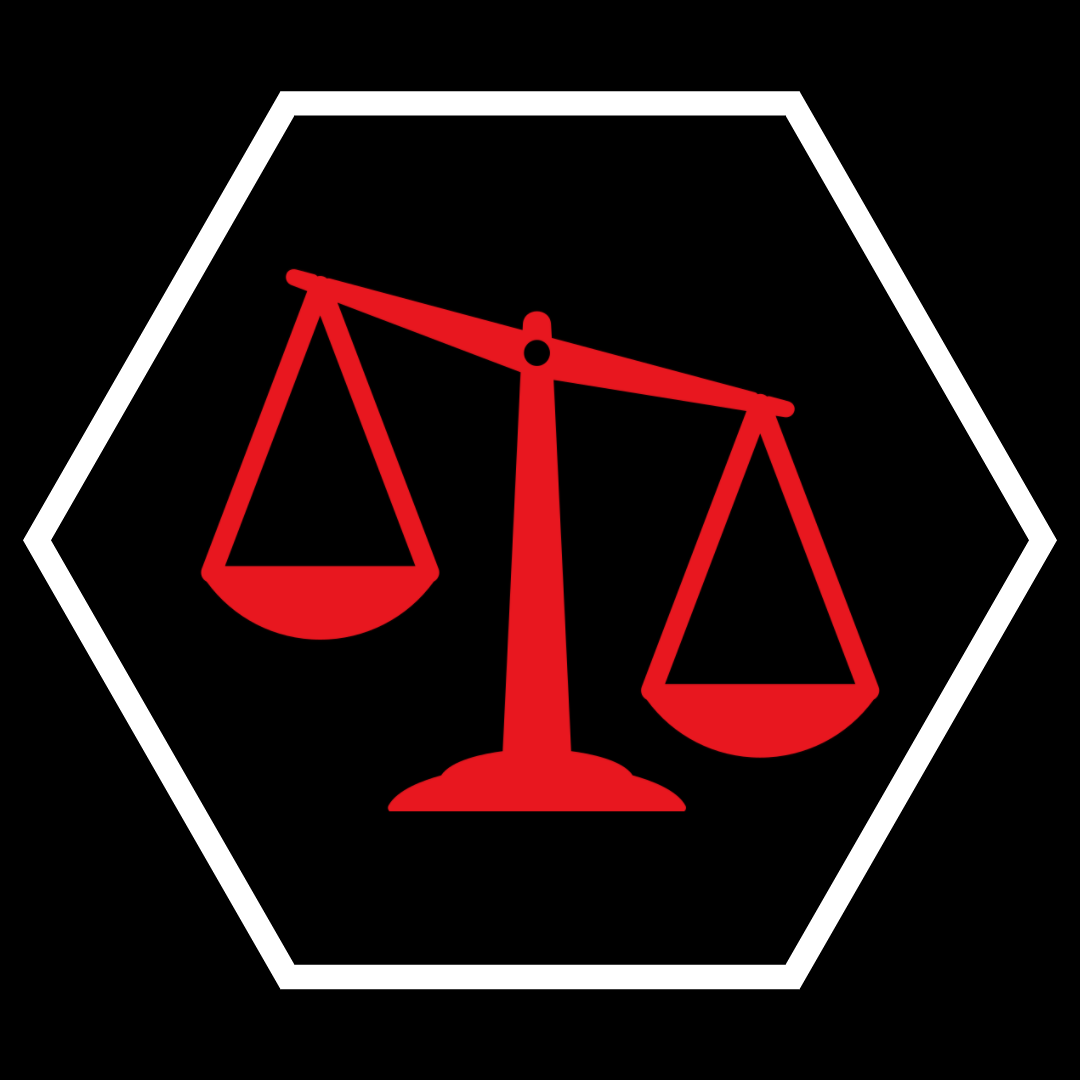
Shayla McIntyre is a third-year law student at Florida Agricultural & Mechanical University College of Law. Shayla has a strong interest in pursuing contract negotiation and mediation in the business, entertainment, and intellectual property fields upon graduation. During her third year of law school, Shayla enjoys serving as Treasurer of the Student Bar Association and participating in the Mediation Clinic Program.
Upon completing her Fall 2021 studies, Shayla will become a Certified Mediator in all counties in the State of Florida. Shayla’s Fellowship project focuses on providing a safe space for minority attorneys to voice their concerns and share challenges faced in their professional roles as attorneys.
"Systemic racism is ingrained in the fabric of the United States in the professional sector, educational field, healthcare arena, and many other systems. Diversity initiatives that address the specific needs of minority attorneys, instead of assuming all attorneys require the same diversity initiatives to feel included in the workplace, are necessary."
Systemic racism adversely impacts the experiences of minority attorneys in law firms and legal organizations, but we can only begin to effectively address those issues after receiving concrete data to articulate what issues exist. Systemic racism is racism that permeates social and professional entities and offers an unequal and negative experience for minorities. This form of racism stifles the chances of minorities succeeding at the same rates as their Caucasian counterparts. Systemic racism is ingrained in the fabric of the United States in the professional sector, educational field, healthcare arena, and many other systems. Diversity programs are needed that address the specific needs of minority attorneys, instead of those programs that assume that all attorneys require the same diversity initiatives to feel included in the workplace.



Pulling African Americans from Under the Faults in Consumer Bankruptcy
By Emony M. Robertson

Emony M. Robertson is a third-year law student from Howard University School of Law. Her experience as a Strauss Diversity & Inclusion Scholar at Akin Gump Strauss Hauer & Feld LLP, along with her participation in the Annual Duberstein Bankruptcy Competition, helped to clarify her interest in bankruptcy litigation. After graduation, Emony will clerk for Judge Craig Goldblatt in the United States Bankruptcy Court for the District of Delaware. Emony’s Fellowship project focuses on reducing racial bias in consumer bankruptcy practices.
"Consumer bankruptcy is a system that does not track race, but that has been found to consist of a clear racial disparity— African Americans are disproportionately advised by their attorneys to file Chapter 13 petitions in comparison to their white counterparts, who are more likely to file Chapter 7 petitions. While there are many reasons that may contribute to this racial disparity, the role of the attorney is one of the largest."
When Americans are faced with financial struggles and believe bankruptcy is the way out, they generally turn to attorneys. Those attorneys help their clients to take one of two routes: (1) File a Chapter 7 petition which requires attorneys’ fees upfront, is likely to discharge debts, and completed within six months, or (2) File a Chapter 13 petition, which requires attorneys’ fees overtime of the petition, debts are typically not discharged and can take up to five years. Consumer bankruptcy is a system that does not track race, but that has been found to consist of a clear racial disparity— African Americans are disproportionately advised by their attorneys to file Chapter 13 petitions in comparison to their white counterparts, who are more likely to file Chapter 7 petitions. While there are many reasons that may contribute to this racial disparity, the role of the attorney is one of the largest.
With the resources of the LexisNexis African Ancestry Network LexisNexis Rule of Law Foundation, (AAN/ROLF) Emony M. Robertson was determined to work with attorneys to develop tools that would ameliorate the racial disparity in the advisement of consumer debtors.

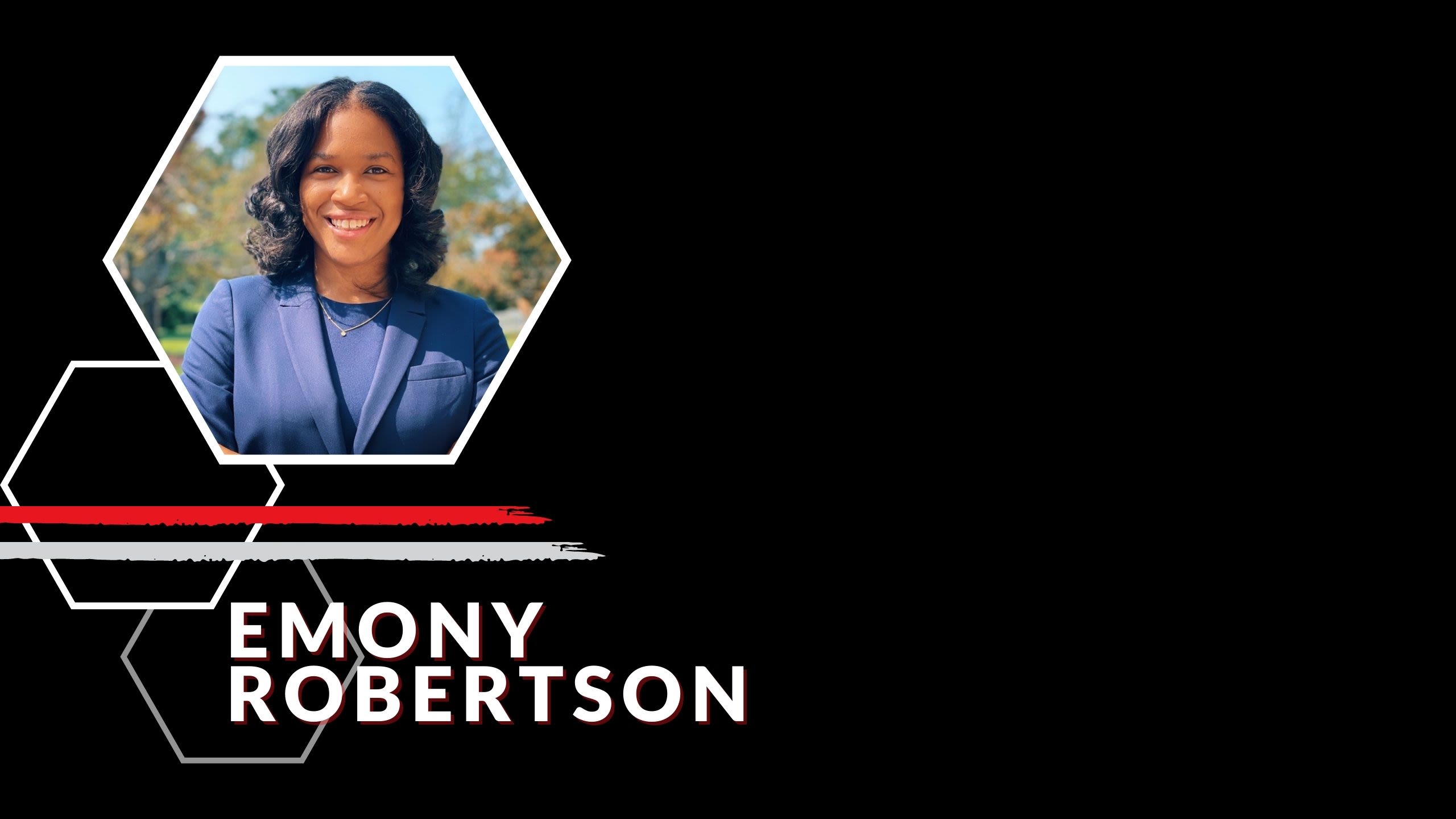

Looking at the Numbers: Analyzing Metrics to Effectuate Best Practices and Develop Training to Combat Judicial Bias
By Feven Yohannes

Feven Yohannes is a second-year law student at Howard University School of Law. Her project focuses on creating an anti-bias judicial training within Harris County, Texas. Her law interests include human rights law, health law, and international trade. Feven’s Fellowship project focuses on eliminating bias in the judicial system.
"Judicial bias pervades our legal system in implicit and explicit ways. Numerous studies demonstrate the ways in which stereotypes among other implicit biases are impacting judicial outcomes. Research has demonstrated that there appears to be biased judicial sentencing."
Judicial bias is a factor that seems to pervade our legal system in both implicit and explicit ways. Numerous studies have indicated how stereotypes, among other implicit biases, are impacting judicial outcomes. For example, research has demonstrated that there appear to be serious biases in judicial sentencing. Based on an analysis of the metrics of a single jurisdiction, that of Harris County, Texas (one of the most diverse jurisdictions in the country), her article will attempt to address the issue of judicial bias in the context of the data evaluated and to work toward the establishment of best practices related to combating judicial bias.
This study will progress through the process of seeking to establish whether there is judicial bias, from data collection through analysis of the data and the limitations on the process, and will follow through to the point of establishing best practices to combat judicial bias and evaluating the conclusions that can be reached (or not reached) based on the data.



Meet the Mentors

"The Fellowship has been an amazing experience. I have enjoyed time bonding with colleagues who are Committee Members, and I have enjoyed time working and growing with my mentee, Fellow Pearl Mansu, and members of her cluster. Collectively, those involved in the Fellowship have accomplished so much in a very short timeframe, and we have demonstrated the ability to effectuate change in the fight against systemic racism and racial inequality. For the present Fellows, and for Fellows to come, I hope the LexisNexis African Ancestry Network LexisNexis Rule of Law Foundation continues to support the Fellows’ efforts, and the growth of the program, to ensure continued positive change in this space."
- Roderick F. Brown, Senior Counsel and Director, LexisNexis Legal & Professional North America
"I cannot say enough about how lucky I’ve been this year to have the chance to be a part of the LexisNexis African Ancestry Network LexisNexis Rule of Law Foundation Fellowship program and serve as a mentor for Charles Graham, Jr. During my own law school experience, I remember feeling that I had little power to change systemic injustices in the legal system. I am so inspired by the Fellows in the program who, through their projects (and perseverance!), are proving me wrong every day. It’s been a gift to be able to be part of supporting their accomplishments.
Ensuring compensation equity is not only a critical issue in my day job in finance, but also one that is near and dear to my heart. Charles’s project examines the intersection of partnership compensation models and law firm diversity. His work exposes that historically accepted compensation methods can have a chilling impact on the number of people of color who rise to and remain partners in large law firms. While it has been fantastic to support work that I feel passionately about, it has been even more meaningful to build a relationship with Charles. I look forward to our calls, not just because of his resume and dedication, but also because I’ve truly enjoyed every conversation. I can’t wait to see the impact that he will make throughout his legal career."
- Meredith Crews, Vice President of Finance for Knowable
"Experiencing the Fellowship as a Mentor has been one of the most rewarding experiences of my career. Our goal of addressing the challenge of systemic racism in the legal system, while certainly an important cause, is undoubtedly daunting to most. However, working amongst some of the most talented law students in the country as well as the amazing thought leaders at LexisNexis has resulted in significant progress towards this goal.
I am honored to have worked with Fellow Jamal Bailey who showed his passion, creativity, and determination in developing a powerful advocacy project. Focused on ways to diversify and break down barriers to law school, Jamal has gathered and analyzed data to examine the ways law students are evaluated and recommended improved approaches which could help to shape the future of law school admissions.
The Fellowship allowed me to utilize my skills, both as an attorney and Product Manager, but also challenged me to think more deeply about these issues, and what I can do to zealously advocate for change. I am thankful that LexisNexis values advancing the rule of law so strenuously and creates such valuable programs. I am proud of all our Fellows and cannot wait to see what the future holds!"
- Margaret Unger Huffman, Senior Product Manager I, LexisNexis Legal and Professional
"My understanding of both state government affairs and the rule of law were a natural fit to assist Darnell on her project to craft model legislation to correct inequities in the cash bail system. Through weekly calls and support, Darnell and I became close. In the project, I encouraged Darnell early on to meet with a state representative from her home district of New Orleans. This legislative outreach was crucial to the project, as the representative agreed to review and possibly introduce Darnell's final draft as prefiled legislation in the 2022 legislative session in Darnell’s home state of Louisiana. We brought together a team of dedicated volunteers from around LexisNexis. These committed individuals read laws, case decisions, and news articles and synthesized them to understand the changes required to provide relief to detainees who remain in prison after arrest due to lack of funds. The group then worked with Darnell to shape ideas and language into current law in proper bill drafting style to seek changes to underlying Louisiana law. We worked together to reach back out to the state representative to review these planned changes and to seek approval to form a pre-filed introduction as legislation."
- Terry Jennings, Head of Rule of Law Development, LexisNexis Legal & Professional, VP & Treasurer, LexisNexis Rule of Law Foundation, AAN LexisNexis Rule of Law Foundation Fellowship Committee Member
"Being a mentor has been an extremely fulfilling experience for me. I was pleased when LexisNexis formed its Rule of Law Foundation and remain enthused by its global impact. The HBCU Fellowship program demonstrates Lexis’ commitment to correct some of the injustices created by systemic racism. I am proud to be a part of this effort. As a product of an HBCU Law school, I am honored to have the opportunity to give back as a mentor to Fellow Herbert Brown. I have been impressed by the Fellows’ passion, commitment, and time management. The Fellows have demonstrated to me that our future is bright."
- Brian Kennedy, Director, Government Content, LexisNexis Legal & Professional
"My wife and I had our first child when we were in law school. One professor encouraged us to bring our son to class as a reminder to other students about the importance of life beyond the classroom. In a similar vein, the opportunity to be a mentor to Shayla, and participate in the Fellowship, has served as a reminder of things more important than just the work of corporate America. At this particular time in history, to be even a small part of the Fellowship is a humbling and gratifying experience."
-Troy Lemke, HR Manager, LexisNexis Legal & Professional
"Serving as a mentor for this inaugural Fellowship is a particular privilege. The opportunity to work with individuals passionate and committed to addressing social justice issues resulting from years of systemic racism in our legal profession reaffirms my belief in the commitment to our collective desire to create a more just nation. Specifically, working with Ebony Cormier on an Equality Bail Fund: to provide the means for individuals who have been incarcerated as the result of alleged (non-violent) crimes to secure their release pending trial.
Ebony’s dedication to her community and to the profession is remarkable and humbling. In working with her on her project, our conversations provide a perspective and exposure to an issue that as a white, cis-gendered woman I cannot fathom. The butterfly effect of incarceration resulting from indigency is detrimental to the entire community of the individual affected. Specifically, BIPOC individuals/communities are disproportionately affected. Furthermore, I’ve gained an understanding through Ebony’s work that the cash bail system is often leveraged as a source of income for some court systems, creating an inherent conflict of interest between judges and justice.
Ebony serves as an inspiration to continue to work tirelessly to better serve others. I have enjoyed getting to know her professionally and personally and look forward to our continued friendship."
- Afsoon Khatibloo-McClellan, JD, Director, Global Associations
"My experience with the Fellowship program was very rewarding. From the outset, Feven’s vision for the project to understand judicial bias resonated with me. We were quickly able to assemble a team across LexisNexis that was similarly motivated, including subject matter experts, product managers, and engineers. As a team, we've been able to explore several hypotheses relating to judicial bias with a depth I’ve not seen previously. I’ve learned so much from this experience and this team and this specific project, from technical tools to history. The data-driven approach we’ve taken to explore the topics of judicial bias and eviction is exemplary of how I hope law and policy-making are practiced generally."
- Adam Pingel, Chief Technology Officer of Global Platforms, LexisNexis Legal & Professional
"It is an honor to serve as a mentor to this inaugural Fellowship program and specifically with the Fellow, Paris Maulet. We both are from Houston, Texas, and clearly know the systematic barriers to a legal education within our community. What is special about Paris’ BLUEPRINT project is her passion behind it and the desire to make a tangible impact in this space. She showcased her talents of creating a vision, implementing strategic networking, and building a robust curriculum to ensure that diversity in legal education will be achieved. Through the Fellowship and mentoring, I watched Paris overcome challenges with tenacity, develop professionally as a future leader in the legal community and grow in a variety of areas, including business acumen and development. I also grew with this opportunity by having more exposure to addressing the Rule of Law needs. In addition, I was able to marry my commitment to community activism and service with my passion for my role at LexisNexis in legal education; and fulfill my goal to always support and motivate future leaders of my community to make sure we are always moving upward and forward. Thank you for this opportunity."
- Rhea Ramsey, Esq., LL.M. , Regional Manager – Large Markets: Large Law & Law Schools
"Part of the reason we, at LexisNexis, get up in the morning and “do the work” is the fact that our broader mission has a profound impact beyond our daily tasks—we support the Rule of Law. Being a mentor in the LexisNexis African Ancestry Network LexisNexis Rule of Law Foundation Fellowship has brought that purpose to life in a practical and inspirational way. Meeting and working with my Fellow, Emony Robertson, has been a terrific experience. She is smart and dedicated, of course, but what is remarkable is her deep and infectious passion about her future in the law and its connection to her battle against systemic racism within the legal system. Emony has taught me so much in our sessions.
Together we have explored how bankruptcy works (or does not work) practically, and how the choices made, and advice given by bankruptcy practitioners, particularly to people of color, can have repercussions for their clients that transcend the financial. We have also discovered that there is a startling lack of awareness of the racial bias affecting that advice. Although there seems to be a willingness or intention to make things better, far too many seem too busy, too process-driven, or simply not sure it is their “job,” to truly engage in solving the issue. I do hope that the Fellowship impacts and extracts some small shift in that awareness—but I have no doubt that Emony will take her courage and conviction to drive long-lasting and substantial change wherever her career takes her."
- Rachel Travers, Vice President, Law 360
"Working with Oscar Draughn, I’ve been truly inspired, both by him personally and the project he is championing for his Fellowship: helping low-income individuals charged with low-level crimes get justice. Oscar’s Fellowship is concerned with the “justice gap” encountered by low-income defendants, unable to afford representation or qualify for a public defender. Prior to law school, Oscar’s work in the community allowed him to observe the devastating effects of the justice gap firsthand. A guilty plea can result in the inability to get a job, a loan, and other impacts that follow the individual for life. Now in law school, Oscar is determined to take action on this problem, and despite having a full load with law school, summer internships, and a newborn baby (!), he has jumped into customer research and concept discovery. As I write this, Oscar is leading the small team I’ve recruited for him in a “design sprint” activity to create and validate a prototype solution, studying for exams, and caring for his young son. It’s been a true privilege to work with Oscar and support him in his mission to help close the justice gap for low-income defendants."
- Serena Wellen, Senior Director of Product Management for LexisNexis North America
"As a proud graduate of Howard University, a Historically Black University, this Fellowship program enables me to continue to support these important institutions. I am privileged to work with a bright young Fellow, Kailyn Kennedy, and her efforts to address systemic racism in the legal system and contribute to our mission of advancing the rule of law in a meaningful way. The project ‘Legal Vision’ is particularly important because it fosters candid conversations that help not only people of color validate and navigate their unique experiences, but provides insights for all to grow and learn."
- Jonathon Woods, Director, Corporate Communications, LexisNexis Legal & Professional
Meet the Committee


Mike Walsh, Chief Executive Officer for LexisNexis Legal & Professional
LexisNexis Legal & Professional, supported by our 10,000 employees, is committed to advancing the rule of law around the world. This is our mission and higher purpose as a business. The rule of law is the foundation for the development of peaceful, equitable, and prosperous societies. At its core, “rule of law” means that no one is above the law. There are many different definitions of the concept. We believe there are four key areas that define the elements of the rule of law: transparency of law, equality under the law, having an independent judiciary, and accessible legal remedy—or the ability to get timely resolution of a legal matter in court.
Today, five billion people live outside the shelter of the rule of law, leaving them vulnerable to human rights abuses and often struggling for daily survival. We’re working to bring this number down to zero through our day-to-day business operations, products and services, and actions as a corporate citizen. Together with the LexisNexis Rule of Law Foundation, we work on this mission closely with customers, leading industry associations, and not-for-profit organizations, such as the United Nations. Everything we do as a commercial business, from publishing content to introducing analytics and decision tools, helps strengthen legal infrastructures needed to advance the rule of law.
In collaboration with the United Nations Global Compact, we developed the “Business for the Rule of Law Framework,” and encourage all businesses to join us in advancing the rule of law. Improving the rule of law isn’t just good for business, it has a positive and measurable impact on society. For instance, high rule of law is correlated with high Gross Domestic Product per capita and high life expectancy. In countries where rule of law is stronger, child mortality rates and corruption rates are also lower. We feel that this is a future worth our focus.
As a part of this work, our people around the world have expressed their solidarity in strengthening our company’s culture of inclusion and diversity and eliminating racism in all its forms, particularly in relation to legal infrastructures. Our resources are used by attorneys and legal aid organizations to close gaps in justice.
We are tremendously proud to have launched this new Fellowship initiative from our African Ancestry Network and LexisNexis Rule of Law Foundation. Our people are working closely with each of the Fellows to support them in their rule of law project, develop their leadership skills, and accelerate their careers. We at LexisNexis congratulate each of the Fellows on their work and look forward to their future leadership in advancing the rule of law and equality for all.

Ian McDougall, Executive Vice President & General Counsel for LexisNexis Legal & Professional
For the LexisNexis Rule of Law Foundation, the link between ending systemic racism in the legal system and our mission to advance the rule of law is clear: equal treatment under the law. When the legal process treats parties unequally in the application of laws, there is an inherent lack of fairness in the system, and justice needs to be restored.
As the President of LexisNexis Rule of Law Foundation, I want to take this opportunity to recognize the Fellows in the inaugural cohort of LexisNexis African Ancestry Network LexisNexis Rule of Law Foundation (AAN/LNROLF) Fellowship awardees.
These Fellows have identified areas of inequity that spoke most clearly to them. Their words have helped to draw in the commitment of our many LexisNexis employees who have shared time and talent to help to examine these areas of inequity. Together, the volunteers and Fellows have deployed skills ranging from legal acumen to data analysis, and from editorial skill to technological expertise. These strengths have combined to make these projects working tools to shape a better, more equitable world.
The Fellows’ projects are crucial steps toward forming a legal system that is clearly grounded in equity and fairness—so that the scales of justice move back towards equal treatment under the law.

Ronda Moore, Chief Inclusion and Diversity Officer and Head of Global Talent Development for LexisNexis Legal & Professional
Dr. Martin Luther King, Jr. said: “If you can’t fly, then run. If you can’t run, then walk. If you can’t walk, then crawl, but whatever you do, you have to keep moving forward.” It has been a personally inspiring experience to journey with this inaugural cohort of Fellows who have helped move our organization and the legal industry forward in advancing the rule of law and eliminating systemic racism in the legal system. We kicked off this inaugural cohort in February of 2021. It was such an apropos celebration of Black History and Black Achievement. Our Fellows are exceptional in every way. To spend any amount of time with this amazing group, one will see shadows of the legacy of leaders and ancestors who have gone before them. As you read their insights, you will be reminded of Fannie Lou Hamer who demonstrated deep passion and persistence for the purpose of social justice. You’ll think of leaders like Frederick Douglass or James Baldwin who shared hard truths with the greatest eloquence and worked to reveal the ugly truths of racism, poverty, and inequality. And finally, I believe you will feel an immense sense of hope, courage, and achievement shown to us by ancestors like Mary McLeod Bethune and Dr. Martin Luther King, Jr. I congratulate each of our Fellows for their commitment and scholarship over the past several months. I also express my heartfelt gratitude to the many LexisNexis mentors, subject matter advisors, leaders, and volunteers who partnered with our Fellows to help accelerate their careers, develop their leadership skills, and create opportunities to make a real difference. This Fellowship has been a showcase of the things that make our organization great—our people, demonstrating an active commitment to our mission of advancing the rule of law.
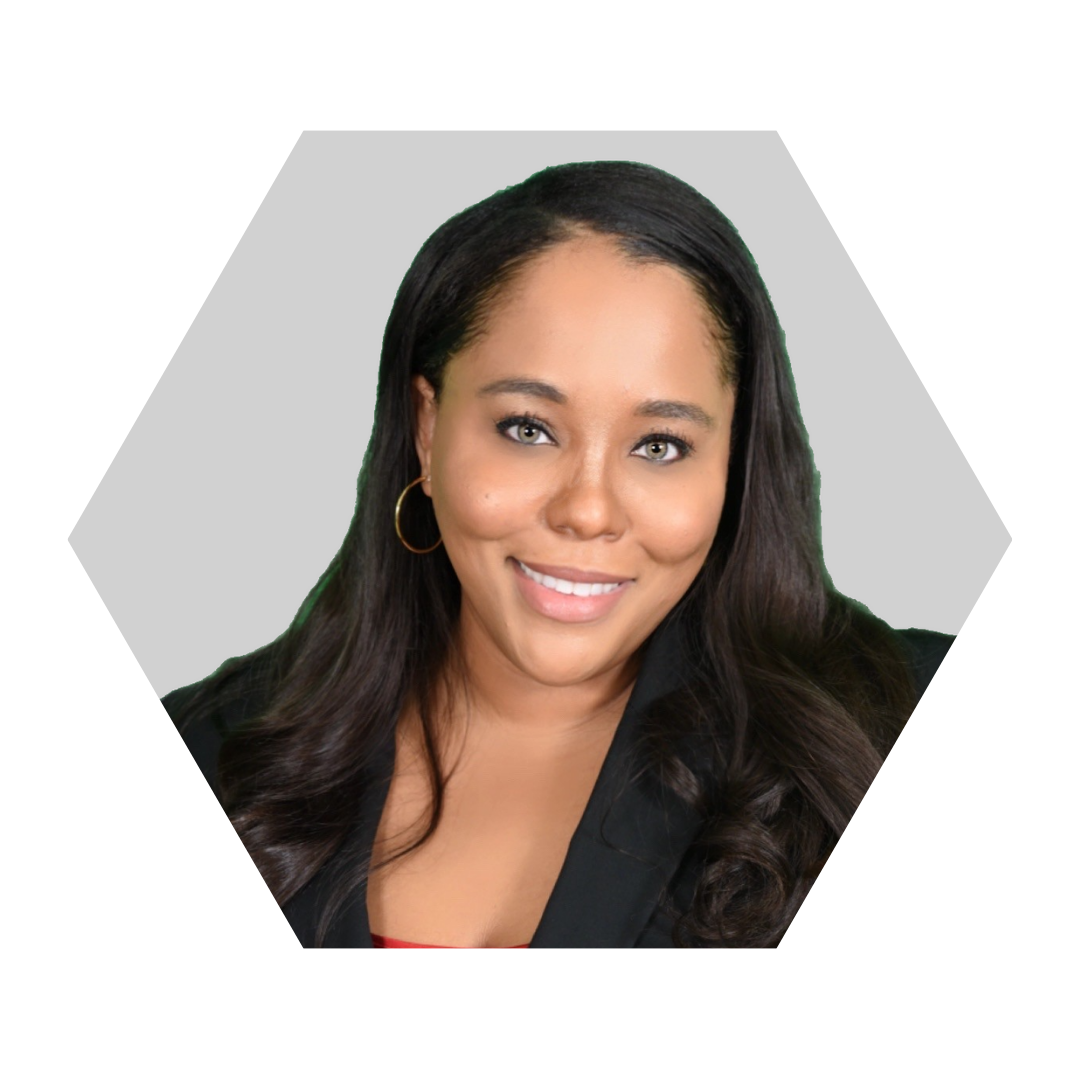
Adonica Black, JD, Director of Global Talent Development and Inclusion for LexisNexis Legal & Professional
We must do what we can, where we can, whenever we can, to keep moving forward in the pursuit of justice and equity.
Throughout this Fellowship experience, the ethos I have seen emerge is one of tenacity and agility, with a clear focus on our “true North” towards eliminating systemic racism. In this effort, our Fellows have truly led the way. In this publication, you will learn more about the thought leadership these law student advocates have devised in charting new territory with the shared goal of advancing the rule of law and the many facets of life that it touches. The ideas presented in their legal advocacy papers are blueprints for groundbreaking initiatives to support equality under the law for disenfranchised people everywhere. The papers adopt the spirit of John Lewis that “freedom is an act.”
There is no perfect legal citation or exacting data model to succinctly encapsulate their work. That is because this Fellowship represents a genuine effort and execution in reimagining our society. Thus, our Fellows and the framework of this Fellowship must build it! No precedent to this program exists. As we work to rectify the wrongs of systemic racism, we turn to examples of courage, creativity, and skill found in the many civil rights heroes of the past to be bold and always move forward.
There are many challenges that come with dismantling a system of oppression and reconstructing one of equity and inclusion. Identifying the underlying causative issues that created this system and prescribing directed solutions are the two essentials standing at the top of that list of challenges. I stand with our Fellows and could not be more proud that the LexisNexis African Ancestry Network and the LexisNexis Rule of Law Foundation are boldly partnering with law students to reimagine such solutions to eliminate the evils of systemic racism.

Tina DeBose, Manager for Technical Support for LexisNexis Legal & Professional.
The binding belief that the rule of law is of utmost importance is something the African Ancestry Network embraced by stepping away from the sidelines and into the fray following the murder of George Floyd, among many other events. Being reminded that the rule of law is not just something that happens in courts and legal offices, it’s something we help to create every day by choosing to step up as individuals, as well as using the influence of our organization.
As a result, AAN requested that RELX Senior Leadership commit to significant annual donations supporting organizations and projects fighting systemic racism. This was done in partnership with the LexisNexis Rule of Law Foundation as fiduciary.
As a result, our flagship Fellowship Program supporting Historically Black Colleges and Universities was birthed. The purposeful and passionate projects introduced by the Fellows fighting systemic and oppressive policies and procedures that disproportionally affect minorities will impact change for years to come.
As you read and learn more from the labor of love each Fellow dedicated to their project and see the outcomes of their efforts, you will gain a sense of pride in knowing what the world knows to be true today will be forever changed tomorrow because of their vision.

Gretchen Bakhshai, Senior Vice President for Commercial & Head of Business Development at Knowable
LexisNexis Rule of Law Foundation’s goal to create peaceful, equitable, and prosperous societies through practical actions any person, community, or region can take when focused on the end goal. However, we are facing a remarkable challenge.
According to the World Justice Project Rule of Law Index® 2020, the rule of law is declining around the globe, with a notable failure with respect to core human rights. These failures have accelerated attacks on fundamental rights around the globe. The Foundation serves as a catalyst in driving transparency and justice throughout the world, putting people first and holding every region visibly accountable for their actions, or lack thereof.
While the U.S. has traditionally been ranked in the top 15%, we must make improvements in three embarrassingly persistent areas: fundamental rights, civil justice, and criminal justice. These oppressions show up in direct and indirect ways requiring the need for a systemic investigation and revaluation of our legal systems. Tackling these issues requires commitments and meaningful action from organizations like ours, to ensure we are creating processes that provide equity for all.
In furtherance of these goals, the LexisNexis Rule of Law Foundation, in partnership with the African Ancestry Network, an employee resource group that has led our organization with the insight of where to focus and impact change in ending systemic racism, has engaged in the Fellowship twelve outstanding law students, two from each of the six HBCU law schools, with a deep commitment to tackling these issues through eliminating systemic racism in legal systems. We are beyond inspired by their vision and their developing projects with actionable tactics and measurable outcomes. Their work will make a difference in countless lives impacted by social injustice today and build a roadmap for others to do the same.

Hannah Hardin, Human Resources Director for LexisNexis Legal & Professional
With the advent of technology and digital connectivity, we have begun to be presented with daily visual reminders of injustices occurring in our communities and around the world. A vast majority of those injustices occur in the absence of the rule of law. Here in the United States those injustices are disproportionately directed towards people of color.
For the rule of law to be effective, there must be equality under the law, transparency of law, an independent judiciary, and access to legal remedy. One of the ways we can ensure these tenets apply to all members of our society is by eliminating racial bias in the legal system. This is where the LexisNexis African Ancestry Network and LexisNexis Rule of Law Foundation Fellowship has and will make an impact.
In creating this fellowship, we have brought together a group of the brightest up-and-comers in the field of law. They have dedicated their time to tackling these very issues I mentioned earlier. They have had the opportunity to focus on important areas, including cash bail, bankruptcy reform, and diversity within the legal practice. Working with these future lawyers the past few months has been an honor, and I cannot wait to see how they continue to shape the legal field in a way that makes it more equitable for all.

